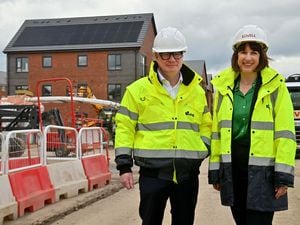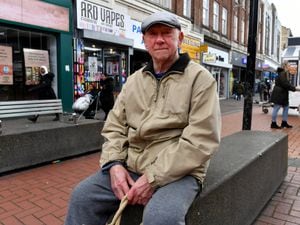Almost 60,000 claiming Universal Credit in the Black Country
Almost 60,000 people in the Black Country are claiming Universal Credit, according to new figures.

A total of 58,652 residents are claiming the controversial benefit, which has been strongly criticised for causing people hardship.
Government bosses say Universal Credit has helped the area seek employment and was a “force for good”. But an MP has slammed the comments and accused the Government of putting its “head in the sand” around people’s difficulties.
Emma Reynolds, MP for Wolverhampton North East, said: “Every week I have complaints from constituents about Universal Credit, particularly about severe delays before getting a payment under the new system.
“Universal Credit affects people both in and out of work and it is frankly unfair to make people wait for weeks or months on end with no support.
“During these weeks, rent still needs paying, food still needs to be put on the table, and the heating bills still need to be paid.”
'Head in the sand'
Ms Reynolds said she will continue to call for changes to the system to make sure people were not being made worse off.
She added: “The Government has its head in the sand about the issues around Universal Credit.
"The benefits system is meant to protect people from debt and arrears, not exacerbate their situation.
"It is disappointing that the Government does not accept the reality many people are facing.”
A total of 58,652 people are claiming the benefit according to data compiled from each council – split into 16,512 for Wolverhampton, 12,437 for Walsall, 14,025 for Sandwell and 15,678 for Dudley.
Across South Staffordshire, the number of claimants hit 2,281 – with a further 2,343 in Stafford and 2,436 in Cannock Chase.
But the Minister for Welfare Delivery, Will Quince, defended the benefit.
He said: “Universal Credit is a force for good – it’s simpler, more flexible and is helping people into work quicker than the old system.”





